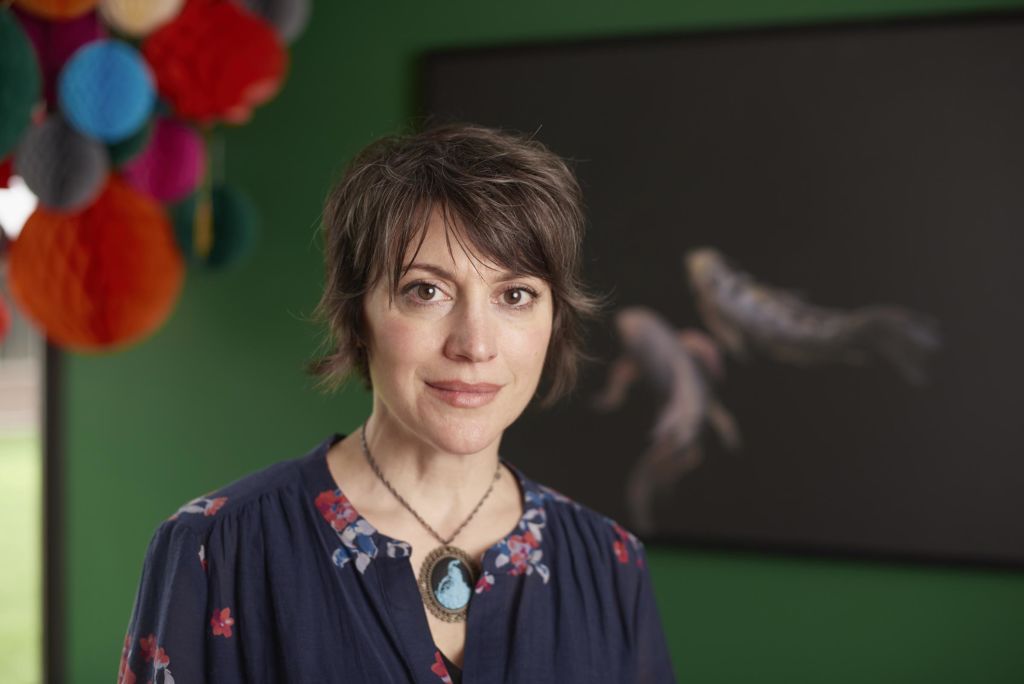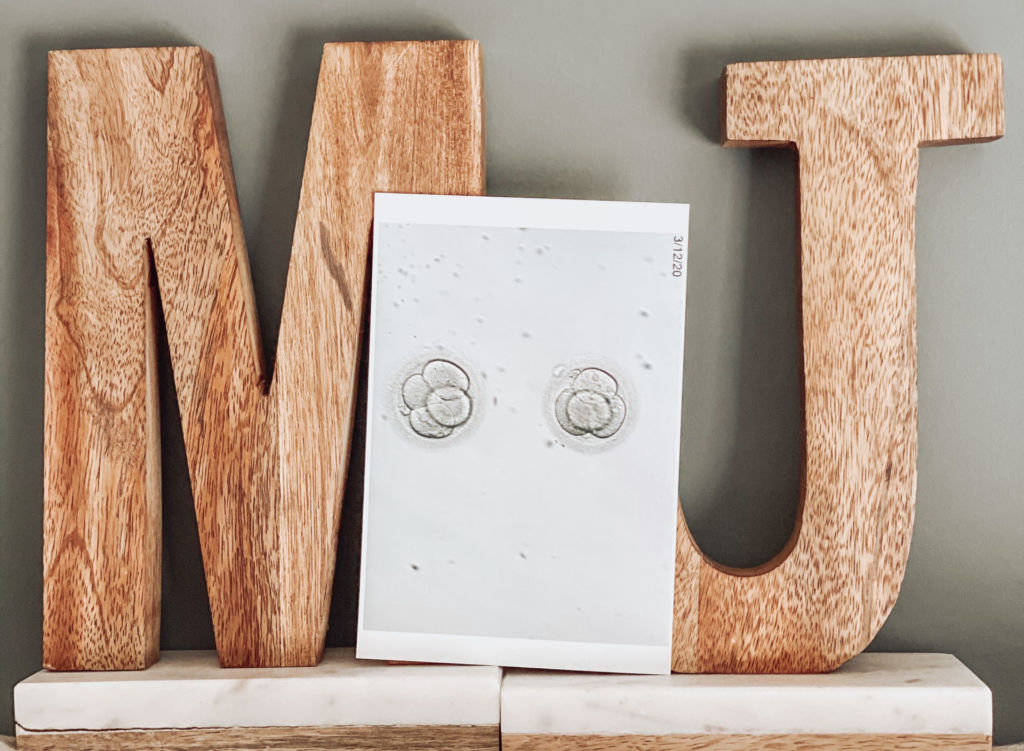Fertility and Acupuncture: Podcast Episode #101

Today Kristin talks to Vikki Nestico, R.Ac of Grand Wellness Acupuncture. We learn a lot about fertility and how acupuncture supports the nervous system, reduces stress, and increases blood flow to the reproductive organs. You can listen to this complete podcast episode on iTunes or SoundCloud. Kristin: Hi, Vikki! Vikki: Hi, how are you? […]
A Journey Unlike Any Other

To all of the couples who have had retrievals, transfers, and IVF schedules postponed or affected by the Corona virus outbreak my heart breaks for you. IVF is no small or easy journey; it takes a toll on your mental, emotional, and physical state. It’s beautiful and terrifying all at the same time. It’s expensive […]
